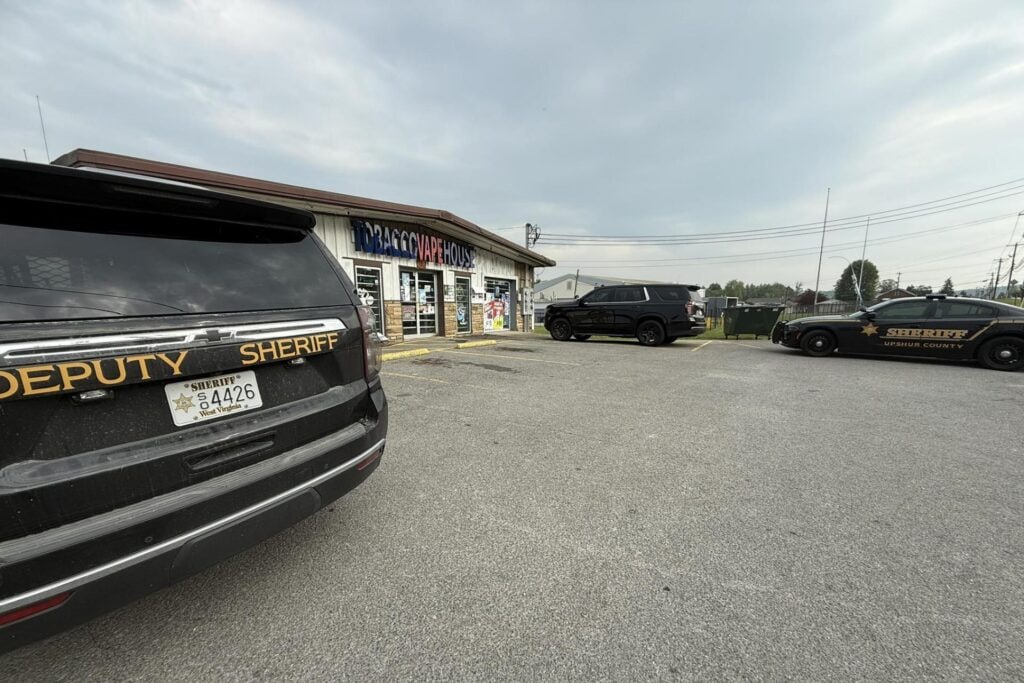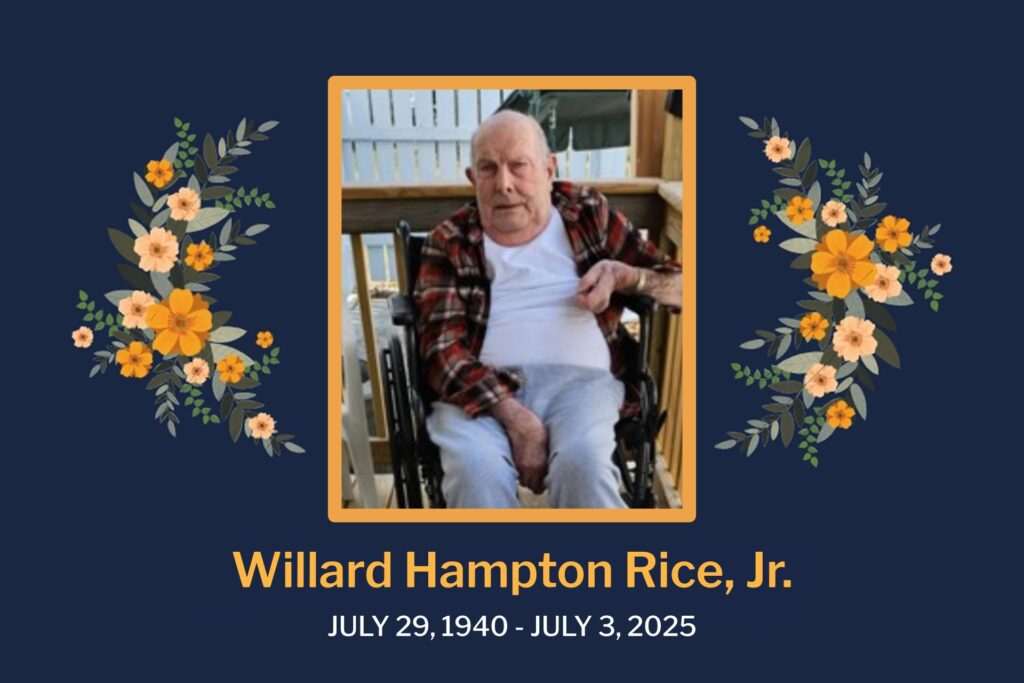BUCKHANNON – The original name of the ordinance may have died, but the law itself lived on, passing on second and final reading by a majority vote at Buckhannon City Council Thursday evening.
Formerly referred to as the “drug house” ordinance, Ordinance 428 was approved as the “public nuisance” ordinance.
The purpose of the law is to provide a legal mechanism for city officials to declare properties or “premises” – including rental properties, hotels, motels and homes – public nuisances and subsequently issue orders of abatement if those properties meet certain criteria.
Ordinance 428’s name was amended following feedback from landlords and hotel-motel owners who said the phrase “drug house” unfairly stigmatized their properties.
After listening to input from both first responders as well as local landlords, councilwoman Mary Albaugh, councilman CJ Rylands, councilman Robbie Skinner and mayor David McCauley voted in favor of the ordinance, while councilwoman Pam Cuppari and councilman David Thomas abstained from the vote.
City recorder Colin Reger, who has been adamantly opposed to the law, was not present at Thursday’s meeting.
What’s changed since council’s Oct. 18 meeting?
At the outset of the discussion, city attorney Tom O’Neill highlighted the two main changes he’d made to the law since the October meeting.
The initial change involved the first of two criteria that must be met before the municipal judge can issue an order of abatement, which has to be complied with within 30 days of issuance.
The first element is that there must be evidence of the “manufacture of a controlled substance, possession of a controlled substance with intent to deliver, delivery of a controlled substance, any felony offense established in West Virginia Code 61-2-10b committed while under the influence of a controlled substance, any felony offense established under West Virginia Code chapter 60A while in possession of a firearm, or any felonious assault or battery – whether with or without a deadly weapon – committed while under the influence of an illegal substance.”
O’Neill explained the section about felonious assault or battery “with or without a deadline weapon” had been added following input he received at council’s Oct. 18 meeting.
The second criteria is that the “premises” must be used for two or more of the above offenses within a consecutive two-year period.
Hospitals, clinics and licensed/certified residential drug treatment facilities, such as the Opportunity House, are exempt from the ordinance.
The city attorney also said he’d added a section requiring the city to notify landlords on the first occurrence “of a triggering incident.”
“This is otherwise unchanged from what we discussed,” O’Neill said.
First responders: Ordinance will ensure safety
McCauley said although many people believe the ordinance – which has been controversial among local landlords – was his brainchild, that’s not the case.
He said fire chief J.B. Kimble and Buckhannon police chief Matt Gregory approached him with the idea.
Both Kimble and Gregory were on hand Thursday to advocate for the law’s passage.
Kimble said as a result of the BFD being paged out to every medical emergency or incidence of drug overdose, firefighters have been bitten, stuck with needles, assaulted and even had unruly people spit blood on them. As a result, they are regularly exposed to blood-borne diseases.
“When I started this job, you were always afraid of dying in a fire,” Kimble said. “That’s the least of my worries right now.”
Kimble asked council to pass the law, saying “This is a small piece of the [addiction] puzzle that needs to be put together in order to advance in helping us help people.
“We are here to help, and I’m asking you to help keep our people safe,” the fire chief added. “Until you’re on the front lines, you don’t know what society’s really like.”
Gregory concurred with Kimble. He told council two incidents had occurred in the last several months that have resulted in police officers having to be tested for blood-borne pathogens for up to one year.
“One officer has been going through the protocol since April, and it is indeed life-changing,” Gregory said. “It’s just the trauma and distress of the unknown and the ‘what if’ [factor].”
Gregory repeated his previous assertion that the drug epidemic is multi-faceted, and the public nuisance ordinance would be “just one more tool in the toolbox.”
“First and foremost, we want to be able to help keep our people safe as we respond to these incidents,” the police chief added.
McCauley said the law wasn’t directed at the law-abiding landlords in the room.
“This is about the unsavory side that we haven’t been able to get the attention of, and this is about getting their attention,” he said.
Landlords concerned about implementation, unintended consequences
Jerry Henderson, who owns the Baxa Hotel-Motel, said landlords and other property owners opposed to the ordinance didn’t want their criticism of the ordinance to be viewed as criticism of first responders.
Instead, their concerns stemmed from questions about the language in the ordinance and how to go about enforcing it, she said.
Henderson said she thought, if implemented, the ordinance unfairly exposed the owners of hotels, motels and multi-unit apartment complexes to the risk of being penalized.
According to a copy of the ordinance, the penalty for violating it is a fine ranging from $100 to $1,000 per offense. It also states that any fine imposed under the law “shall be considered a lien upon the premises determined to be a public nuisance.”
“If I have 30 rooms … 365 days a year, that’s 10,950 possibilities that [one person in one year] would do something they shouldn’t be doing … and if it’s two people in two years, that’s now 20,000 opportunities for someone to do something they shouldn’t be doing, which would ultimately put everything I’ve worked for at risk,” Henderson said.
Henderson asked council to table the ordinance for six months and/or conduct a pilot program to test the law.
“There are still so many questions about it,” she said. “Before you approve it tonight, I ask you to consider, can you take this document and can you understand it and put yourself in the position of the person who will practice it and apply it and enforce it? And if you can’t, please vote no.”

Landlord Terry Mills said although he’d been indifferent at first, he found the section exempting hospitals and drug rehabilitation residences to be troubling and unfair.
Matt Kerner, the executive director of the Opportunity House, said the rehab and recovery residence is overseen by multiple agencies on the state and federal levels and added that he has a “zero-tolerance” policy for controlled substance use.
“If somebody uses in our house, they’re gone right then and there,” Kerner said. “I would still be responsible for kicking them out.”
Mills said he believed the ordinance should be applicable to everyone or applicable to no one.
“If there’s no problem [at the Opportunity House], then why is the exemption in there?” Mills asked. “I think you need to be fair to everyone or don’t do it.”
McCauley said exempting licensed recovery residences was “the compassionate thing to do.”
“We’re trying to balance compassion for the addict verses trying to maintain the community in its best possible mode,” he said.

Landlord Jody Light asked council members if they’d pondered the unintended consequences of ordinance passage, such as an increase in homelessness. She said it also has the potential to influence landlords to be less inclined to call the police when necessary.
“This may lead to landlords not reporting incidents to the police …” Light said. “They may think, ‘I don’t know if I want to report that [because] I’m putting my property in jeopardy.’”
Light, like Henderson, asked council to delay passing the ordinance for six months.
Following the lengthy discussion, which comprised more than an hour of council’s meeting Thursday, council passed the ordinance. Skinner made a motion to approve it, which was seconded by Albaugh.

After Thomas and Cuppari both said they were abstaining from the vote, McCauley asked them to state their reason for abstention.
Cuppari said while she agreed with the intention behind the ordinance, the wording was still unclear to her; she also said the law seemed inherently unfair to people who own a greater number of properties because they’ll be faced with increased liability exposure.
Thomas told McCauley that although he believed the ordinance “was a step in the right direction,” he saw the law as a “very band-aid approach.”
“This should be comprehensive, and I want to make a statement that this is simply a band-aid,” he said.
Following the meeting, when My Buckhannon asked both Thomas and Cuppari why they chose to abstain instead of voting against the ordinance, both council people said they were conflicted and agreed with some points on both sides of the issue.
“I see both sides of the equation,” Thomas said. “I’m learning more towards saying yes than no, but I wanted to vent my frustration with the whole society we have today, and this isn’t a bad thing, but it won’t make much difference towards what we’re doing.”
Cuppari added, “I could not find it within me to vote one way or the other. I couldn’t do it.”













